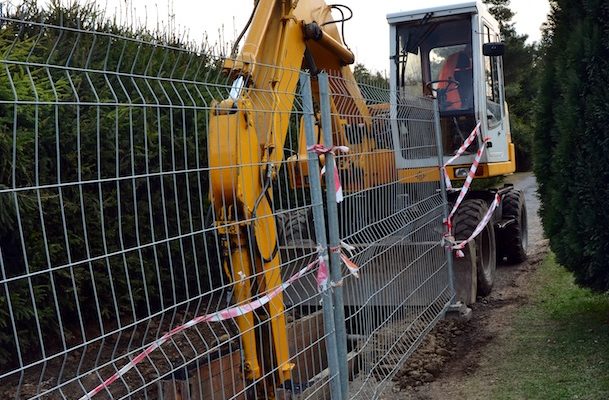PAID Program Encourages Violators to Require Employees to Waive State Law Protections – Like Higher Minimum Wage Levels – in Exchange for the Payment of Overdue Wages
Schneiderman Also Files Freedom of Information Act Request Seeking Information on Purposes of Program and Impacts on State Labor Enforcement Efforts
Schneiderman: We Won’t Hesitate to Prosecute Wage Theft – Even if the Federal Government Won’t
Posted on April 11, 2018 in Business News
NEW YORK – New York Attorney General Eric T. Schneiderman – leading a coalition of eleven Attorneys General – sent a letter to Labor Secretary Alexander Acosta raising serious concerns about the U.S. Department of Labor’s Payroll Audit Independent Determination (PAID) Program, a pilot program that allows certain employers who violate labor laws to avoid prosecution and penalties in exchange for simply paying the back wages their employees were already owed under federal law.
The letter makes clear that the PAID Program encourages employers to require their employees to waive important state law protections, like higher minimum wage levels and longer time periods to sue, in exchange for the employer’s payment of overdue wages. Even though such waivers may not be enforceable against state law enforcement entities, employees may be misled into believing they have no legal recourse to fully vindicate their workplace rights.
“As we’ve said from the start, the PAID Program is nothing more than a Get Out of Jail Free card for predatory employers. Our coalition of Attorneys General won’t stand by as the Trump administration grants amnesty to those who commit wage theft and take advantage of their employees,” said Attorney General Schneiderman. “I want to be clear to those doing business in New York: we will continue to prosecute labor violations to the fullest extent of the law, regardless of whether employers choose to participate in the PAID Program – because all workers deserve a fair day’s pay for a fair day’s work.”






